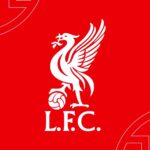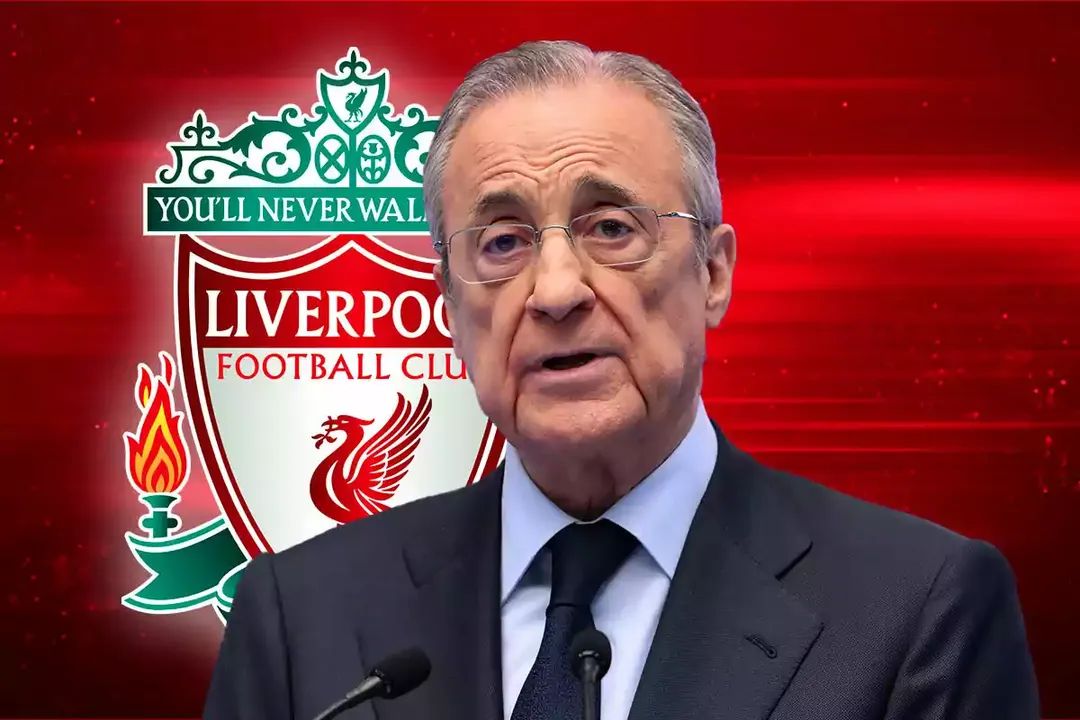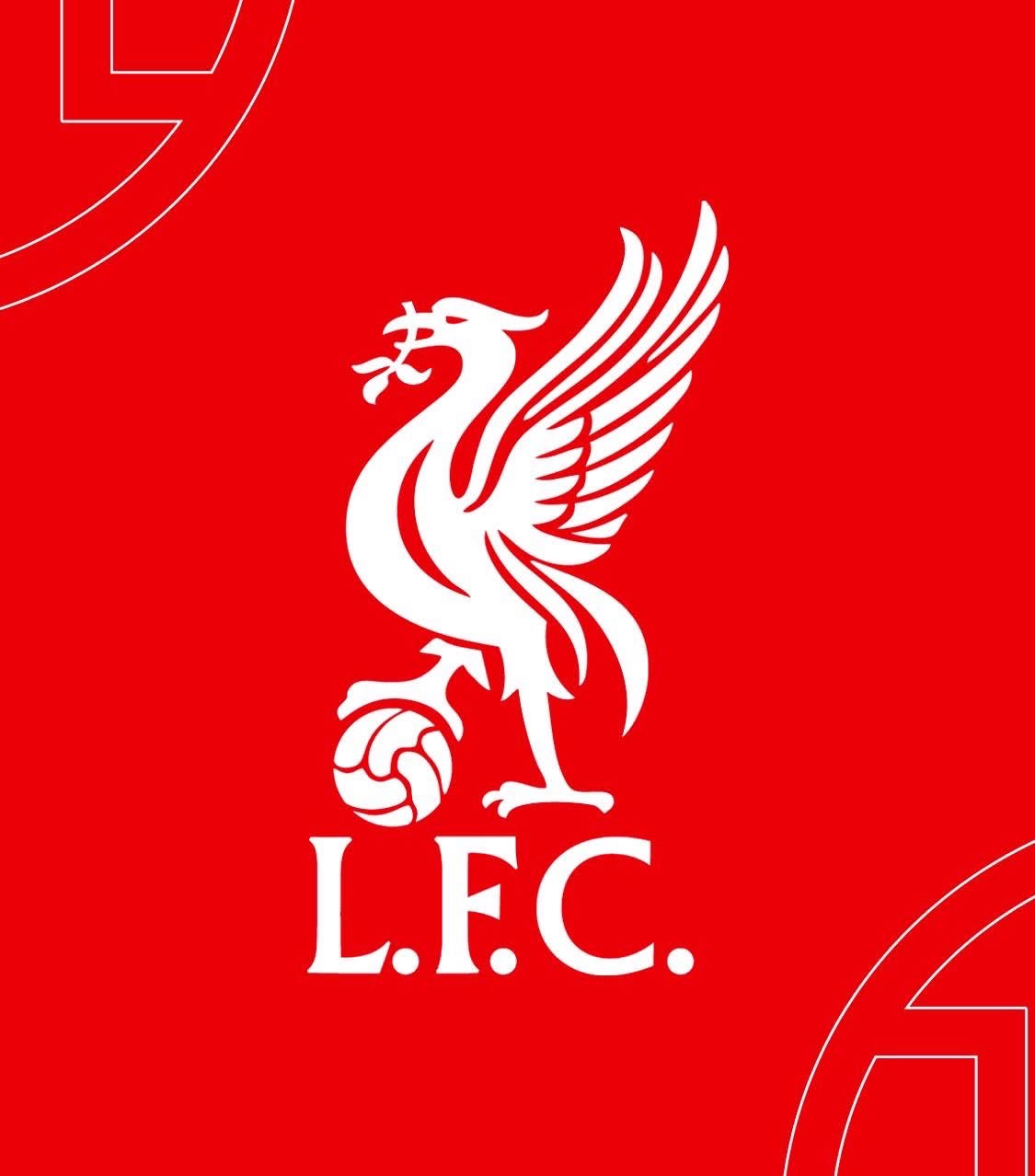In professional football, talent alone is rarely enough. To succeed at the highest level, young players must combine skill, discipline, and physical resilience. At the heart of this preparation is Joâo Pedro, who has taken it upon himself to guide his young teammate, Estevão, as he adapts to the grueling demands of top-flight football.
Recently, Pedro revealed insights into their training routine and mentorship dynamic, highlighting how he supports Estevão both on and off the pitch.
Understanding the Physical Demands
“The Premier League is incredibly physical,” Pedro says. This is no exaggeration. The league is renowned for its high tempo, aggressive pressing, and intense physical battles. Players must maintain peak fitness while managing the risk of injury, recovery fatigue, and performance pressure. For young talents like Estevão, the transition from academy football or lower divisions can be overwhelming.
Pedro recognizes this challenge and has made it a priority to help Estevão navigate it.
“Sometimes training is too long for him, and he feels tired before the gym,” Pedro explains. “I don’t always need to do the gym, but I go with him because this is very important for him.”
This dedication goes beyond typical teammate camaraderie. Pedro is actively investing his time and energy to ensure Estevão develops the physical and mental resilience required for the Premier League.
The Role of Mentorship
Mentorship in football is often underestimated. While managers and coaches design training programs, peer mentors provide real-time guidance, motivation, and personal support. Pedro and Estevão’s dynamic demonstrates how this works in practice.
Pedro is not just supervising; he’s participating. By going to the gym with Estevão, he provides:
- Motivation: Encouraging Estevão to push past fatigue and mental barriers.
- Example: Demonstrating how elite professionals manage training intensity.
- Support: Offering advice on recovery, nutrition, and fitness routines.
This approach ensures that Estevão isn’t just working through physical drills — he’s internalizing professional habits that will sustain his career.
The Gym as a Key Component
Pedro emphasizes the importance of strength and conditioning work. In modern football, success is often determined off the pitch as much as on it. Gym sessions help players:
- Build core strength for stability and balance in tackles.
- Improve explosive power for sprints, jumps, and quick directional changes.
- Reduce injury risk through targeted conditioning.
For Estevão, these sessions are particularly crucial. “I don’t always need to do the gym,” Pedro admits, “but I go with him because this is very important for him.” By participating, Pedro creates accountability and ensures Estevão understands that preparation is non-negotiable at this level.
Pushing Limits Together
Pedro also mentions the role of teamwork in preparation: “Me and Andrey push him.” This collaborative approach fosters a culture of mutual support and challenge. By training together, they encourage Estevão to exceed his perceived limits, building both confidence and resilience.
Such mentoring isn’t just about physical training. It also helps Estevão develop mental toughness, an essential trait for navigating high-pressure matches, media scrutiny, and the relentless pace of the Premier League.
Developing the Next Generation
Estevão’s journey is part of a larger narrative in football: the cultivation of young talent through mentorship and structured training. While academies provide technical skills, the transition to senior football requires:
- Physical adaptation: Enduring longer matches and intense duels.
- Mental resilience: Maintaining focus under pressure.
- Professional habits: Nutrition, recovery, and lifestyle choices that sustain performance.
Pedro’s involvement exemplifies how senior players can accelerate this development. By modeling professional behaviors and offering guidance, he helps Estevão avoid common pitfalls and maximize his potential.
Lessons for Young Players
Pedro’s approach offers several lessons for aspiring professionals:
- Consistency Matters: Regular gym and conditioning work is crucial, even when it feels exhausting.
- Learn from Mentors: Engaging with experienced players accelerates growth.
- Push Through Discomfort: Physical and mental limits are extended through deliberate effort.
- Support Systems are Key: Football is a team sport, and learning from peers is invaluable.
By embracing these principles, Estevão is positioning himself to handle the rigors of elite football more effectively than peers who may focus solely on technical skills.
Pedro’s Leadership Off the Pitch
Joâo Pedro’s dedication also reflects his leadership qualities. While often celebrated for performances on the pitch, true leadership manifests in quieter, off-field contributions. Mentoring Estevão demonstrates Pedro’s commitment to the long-term success of his teammates and club.
This leadership has broader implications for the team culture. Younger players observe the guidance, understand its value, and are likely to emulate it, fostering a cycle of mentorship and development.
Final Word
The Premier League is one of the most physically and mentally demanding leagues in the world. For young players like Estevão, navigating this environment requires more than raw talent; it demands preparation, resilience, and guidance.
Joâo Pedro’s mentorship exemplifies how senior players can make a tangible difference. By accompanying Estevão to the gym, pushing him in training, and offering constant support, Pedro is helping mold a player ready to meet the league’s challenges head-on.
Ultimately, this story is about more than fitness routines or gym sessions. It’s about leadership, mentorship, and the passing of knowledge from one generation to the next — a crucial element in sustaining excellence at the highest level of football.





